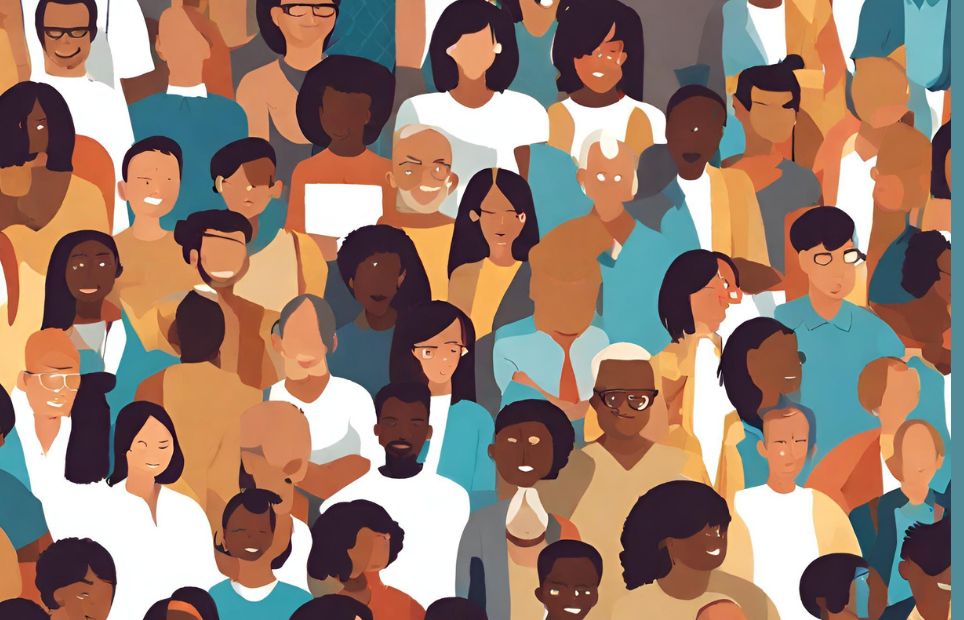International Translation Day: Celebrating the Many Faces of Humanity
International Translation Day, celebrated annually on September 30th, is a time to recognize and appreciate the essential role that translation and translators play in bridging linguistic and cultural divides. This day also offers an opportunity to reflect on the evolving landscape of the translation industry and the current trends shaping the future of this profession.
Celebrating International Translation Day: A Brief History
International Translation Day is a tribute to St. Jerome, one of the most renowned translators in history. St. Jerome is best known for his translation of the Bible into Latin, known as the Vulgate, which became the standard Latin version of the Bible for over a millennium. His work laid the foundation for the study and practice of translation.
The Significance of International Translation Day
Recognizing Linguistic Diversity
In a globalized world, where communication transcends borders, translation becomes indispensable. It allows people from diverse linguistic backgrounds to understand and connect with each other. International Translation Day reminds us of the value of multilingualism and the need for effective translation.
Preserving and Sharing Culture
Translation plays a pivotal role in preserving and sharing cultural heritage. Literature, art, history, and scientific knowledge can be conveyed across languages, ensuring that the richness of one culture can be appreciated by others.
Business and Diplomacy
Translation is crucial in business and diplomacy. Companies expand their reach by translating marketing materials and product documentation, while diplomats rely on translators to facilitate international negotiations and communications.
Access to Information
In an era of digital information, translation allows people to access content in their native languages, whether it’s news, research papers, or educational materials. This fosters inclusivity and global knowledge sharing.
Human and Machine Collaboration
Translation technology, including machine translation (MT), continues to advance. However, human expertise remains irreplaceable in handling nuanced, context-dependent translations. The celebration of International Translation Day underscores the harmonious coexistence of human translators and translation technology.
Current Trends in Translation
As we celebrate International Translation Day, it’s essential to recognize the transformative trends shaping the translation industry:
Neural Machine Translation (NMT)
NMT models have revolutionized machine translation. They offer improved fluency and context awareness, making automated translation more reliable and natural sounding.
AI-Powered Translation Tools
Artificial intelligence (AI) is enhancing translation tools and CAT (Computer-Assisted Translation) software. AI-driven solutions assist human translators by suggesting translations, reducing repetitive tasks, and improving consistency.
Data Privacy and Security
With the increase in online translation services and the sharing of sensitive content, data privacy and security have become paramount. Translation service providers must prioritize protecting client data and complying with data protection regulations.
Specialized Domain Expertise
The demand for specialized translators with expertise in various fields, such as medical, legal. and technical, is on the rise. Translators who can understand industry-specific jargon are highly sought after.
Remote and Freelance Translation
The COVID-19 pandemic accelerated the shift toward remote work in the translation industry. Freelancers and remote translators now play a more significant role in providing translation services globally.
Post-Editing of Machine Translation
Post-editing, where human translators review and improve machine-generated translations, is becoming a common practice. It ensures the accuracy and contextuality of automated translations.
Global Content Localization
As companies expand internationally, they require content localization to resonate with diverse audiences. This goes beyond translation and includes adapting content culturally and contextually.
Sustainability and Ethical Translation
There is a growing emphasis on ethical considerations in translation, including sustainable practices, fair pay for translators, and the promotion of minority languages and cultures.
Continuous Learning
As the translation field evolves, continuous learning and professional development are crucial for translators to stay updated with the latest tools and trends.
On International Translation Day, we celebrate the past, present, and future of translation. The profession continues to evolve, driven by technology, globalization, and a commitment to breaking down language barriers. It reminds us that, in a world filled with diverse voices, translation is the bridge that connects us all, ensuring that knowledge and understanding transcend linguistic boundaries. So here’s to all the translators, linguists, and language enthusiasts who make our interconnected world a richer, more accessible place. Happy International Translation Day!








